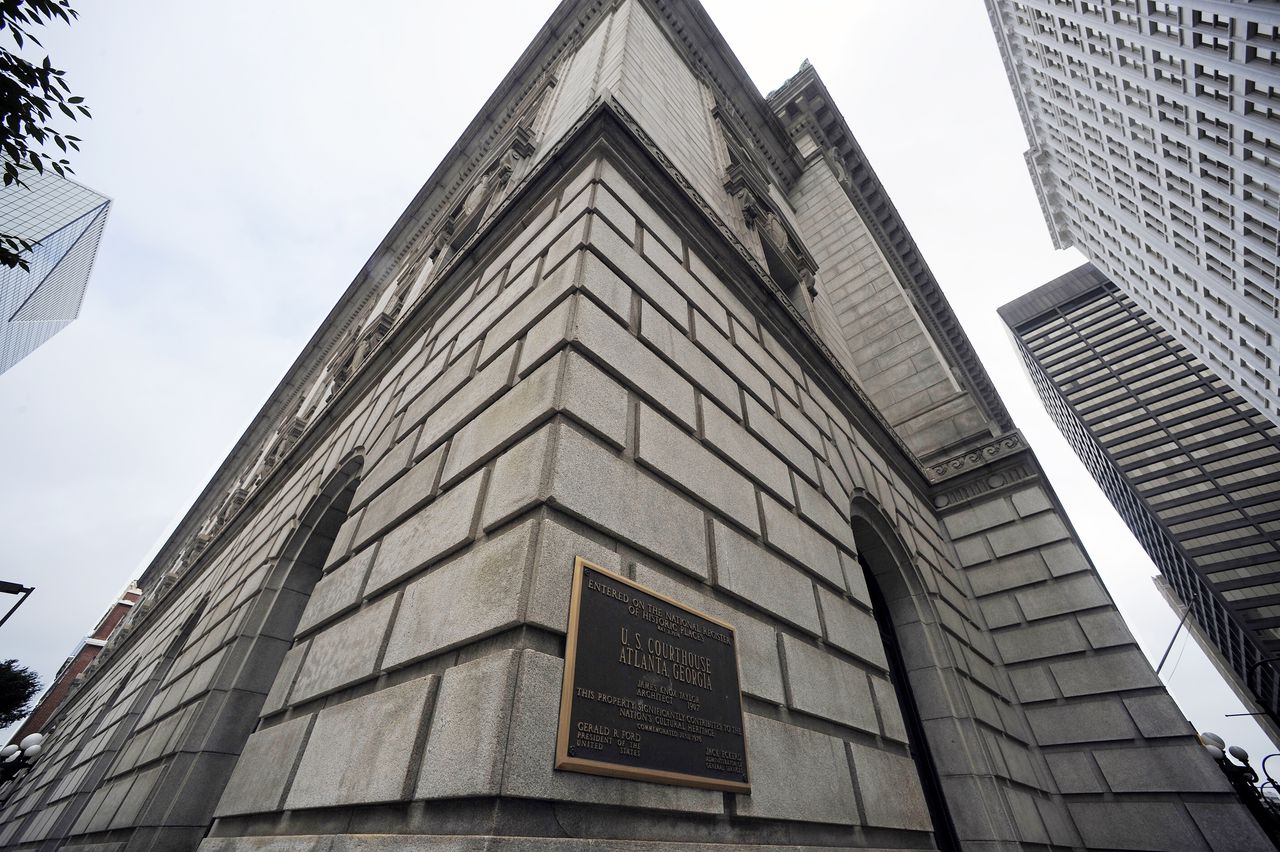Federal appeals court reverses formal reprimand, fine for assistant Alabama Attorney General
An appellate court has reversed the punishment imposed on an assistant Alabama Attorney General, which was ordered by a judge in 2021 when that judge found the lawyer hadn’t properly investigated a case involving an Alabama Death Row inmate.
The U.S. 11th Circuit Court of Appeals ruled in its opinion, “the (state’s) conduct during the litigation was reasonable under the circumstances and thus does not meet the bar for sanctions.”
The appeals court ruling comes after Assistant Alabama Attorney General Lauren Simpson was formally reprimanded in a lower court’s order in 2021and fined $1,500.
A three-judge panel from the 11th Circuit Court heard oral arguments on the case in October, after Alabama Attorney General Steve Marshall appealed the lower court ruling.
During those arguments, Judge Adalberto Jordan said Alabama’s process of allowing death row inmates to change their method of execution in the summer of 2018 was “shrouded in mystery” and should have been more transparent.
The 2021 district court sanction stemmed from issues surrounding the process Alabama used for giving death row inmates the option to change their execution method to asphyxiation by nitrogen. That method was signed into law in 2018, and prisoners had a month that summer to decide if they wanted to die by the newly approved, but not yet tested, method.
In a case which partially hinged on that process, Simpson contended multiple times throughout the case that Cynthia Stewart, the then-warden at William C. Holman prison, decided on her own to hand out forms in June 2018 to the inmates sitting on death row at Holman.
The form, later discovered to be copied from the Federal Defenders for the Middle District of Alabama, had a spot for inmates to elect to die by the state’s newly approved execution method of nitrogen hypoxia.
In that case, the AG’s Office said they were surprised by the form’s distribution, because the Alabama Department of Corrections had decided not to distribute a notice about the new law. They believed Stewart must have made the choice to hand out the forms on her own. However, later testimony from Stewart in a deposition showed she had been directed by someone with a higher rank, although she said she couldn’t recall who told her to pass out the forms.
In its Monday order, the appellate judges wrote that Simpson had a “reasonable factual basis to support their representation that Stewart directed the distribution of the form on her own initiative.”
“Based on (the) facts, there was enough information for Simpson to infer that ADOC did not authorize the distribution of election forms and that Stewart distributed the forms on her own accord,” the order stated.
“We do agree with the district court that Simpson could have done more, such as talking directly with Stewart. But Simpson’s failure to talk with Stewart, in this case, does not rise to sanctionable conduct. Specifically, we find that Simpson conducted a reasonable inquiry once she learned the form had been distributed to the inmates. She spoke with ADOC Legal about the distribution of the form and ultimately learned Stewart had directed its distribution.”
The lower court judge had formally reprimanded Simpson and the AG’s Office for “assert(ing) repeatedly a verifiable fact without evidentiary support” and added that Simpson did not try to interview the warden.
The judge said Simpson did not make a “reasonable inquiry” into how the form was distributed.
Alabama’s solicitor general Edmund Gerard LaCour, Jr. called the sanctions a “fundamental mistake” by the lower court. “Nothing Ms. Simpson did here looks anything like contempt,” he said.
